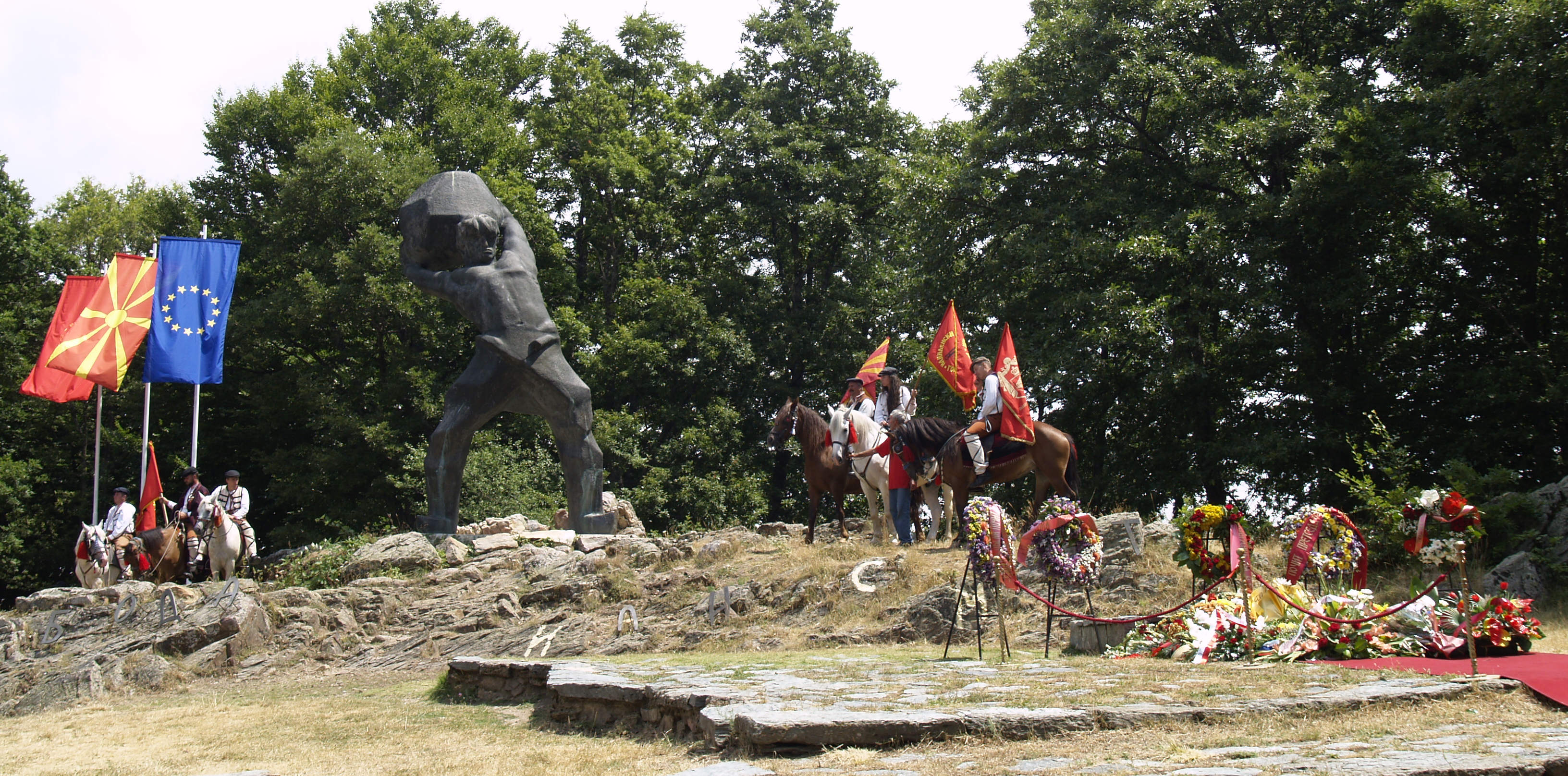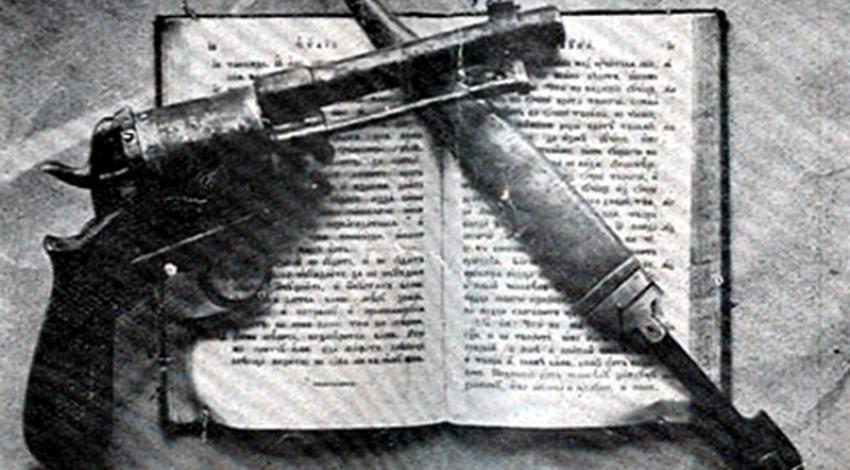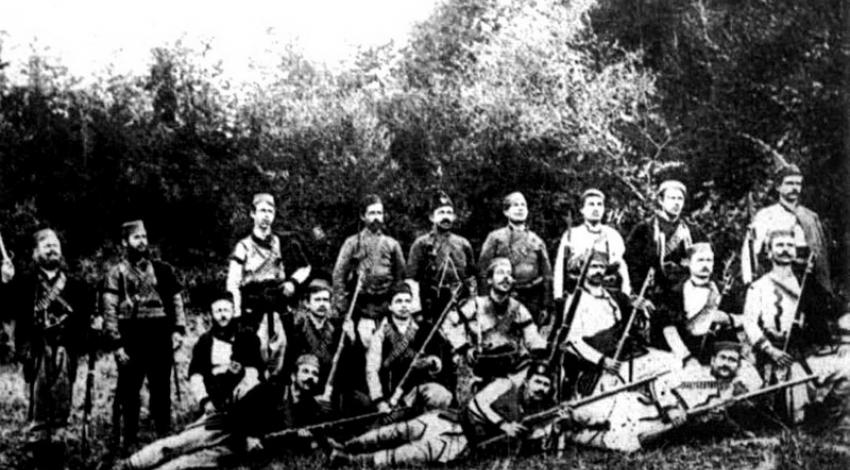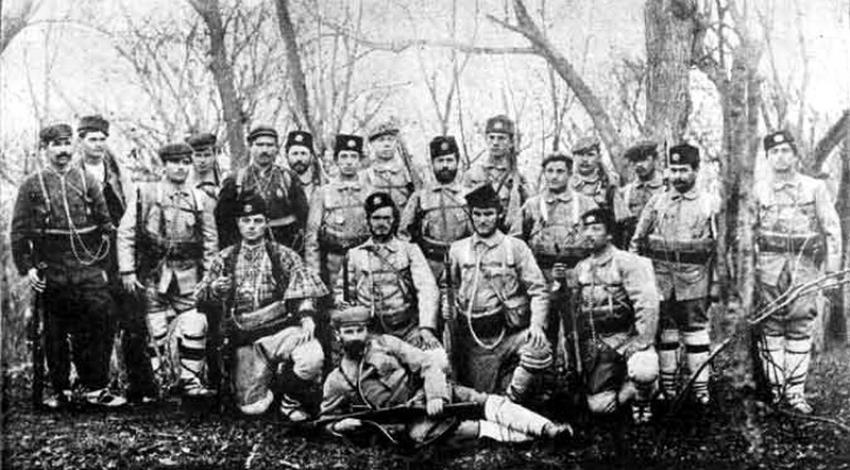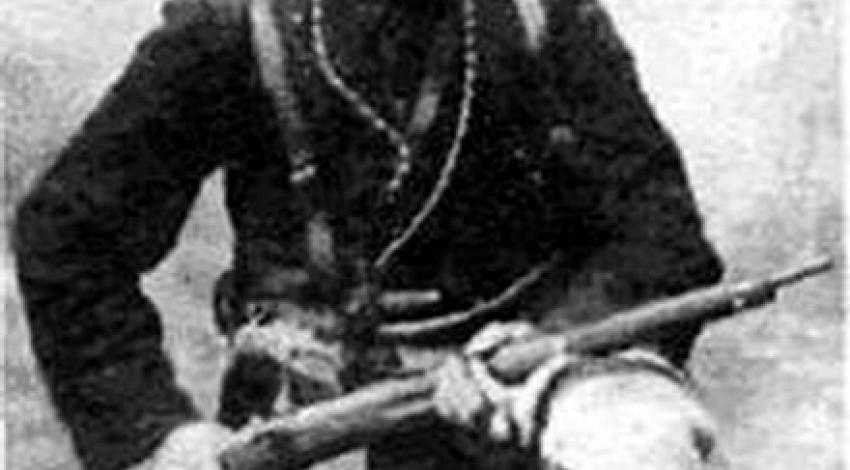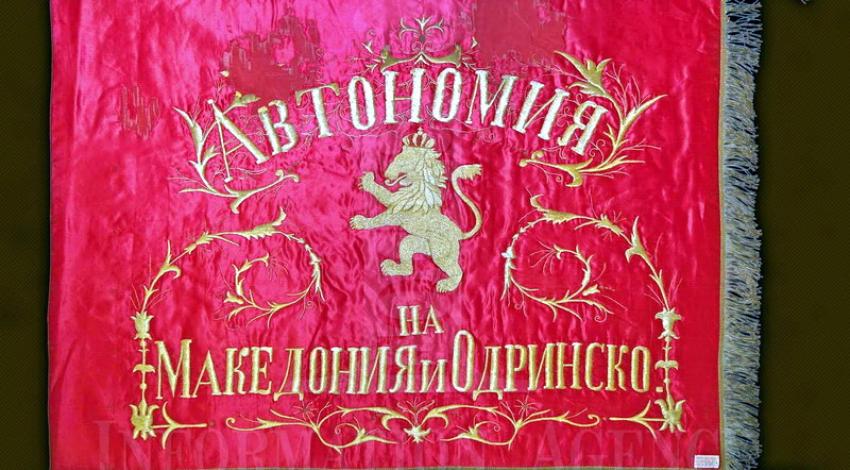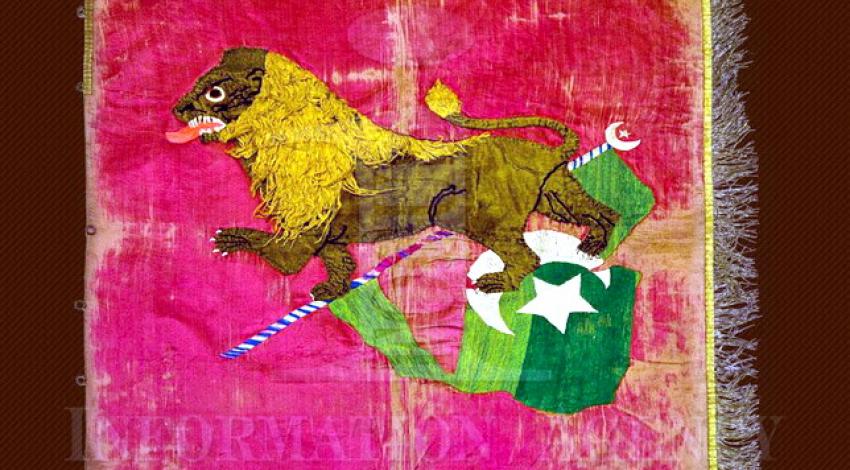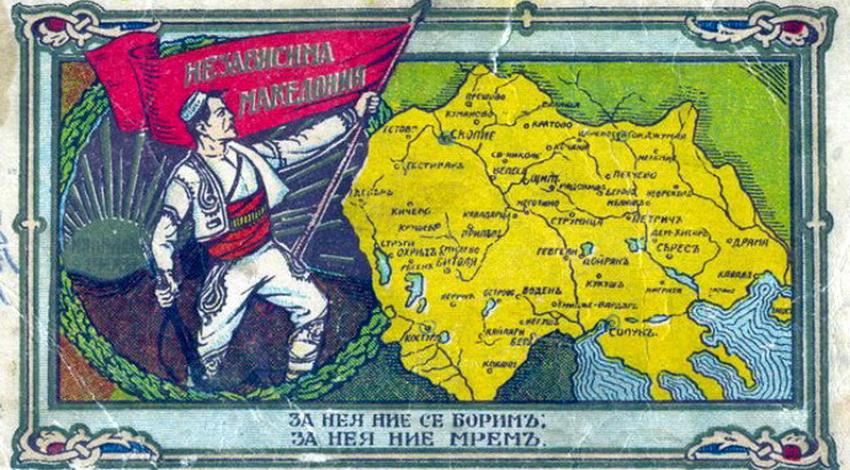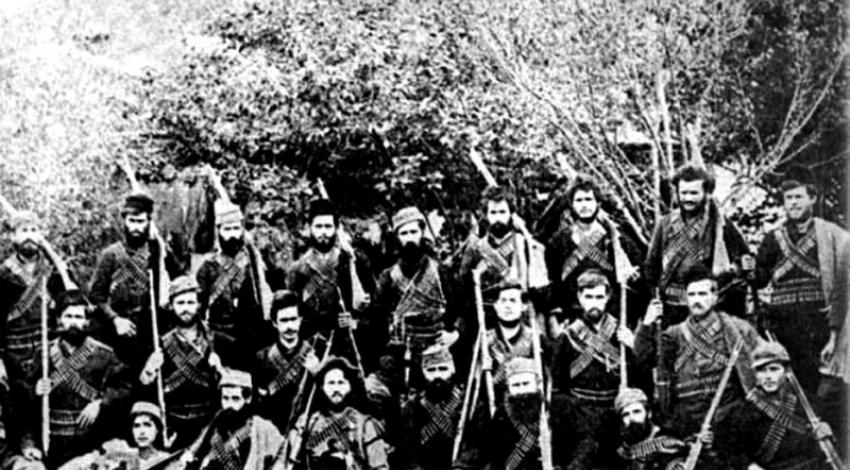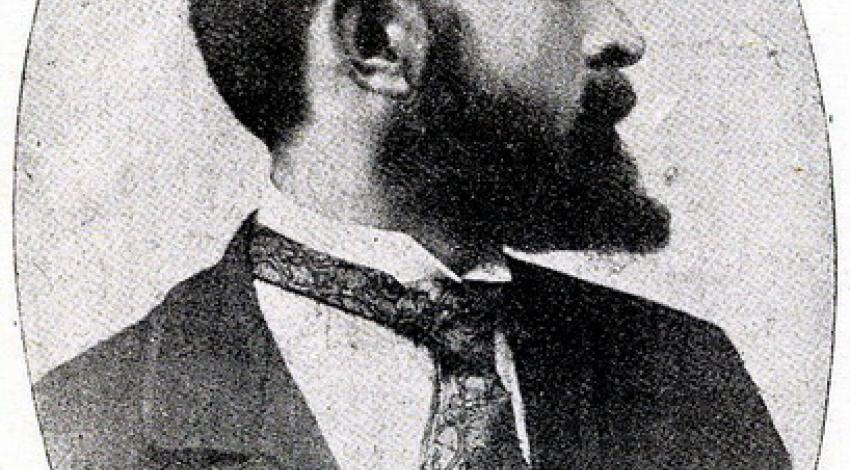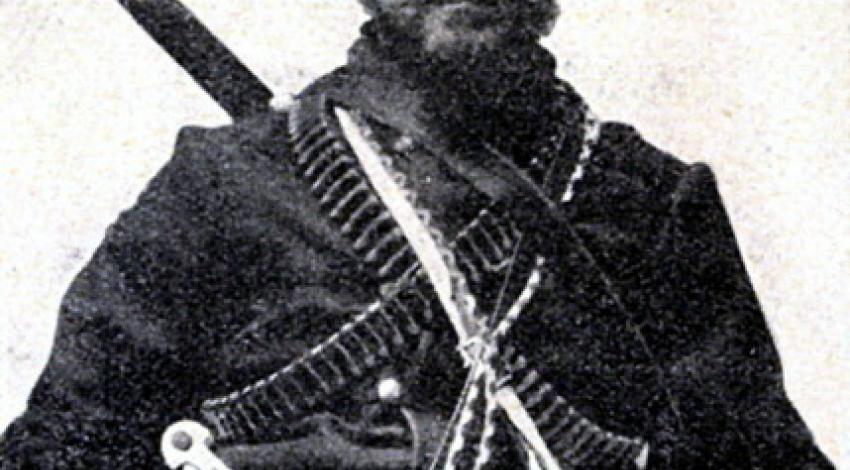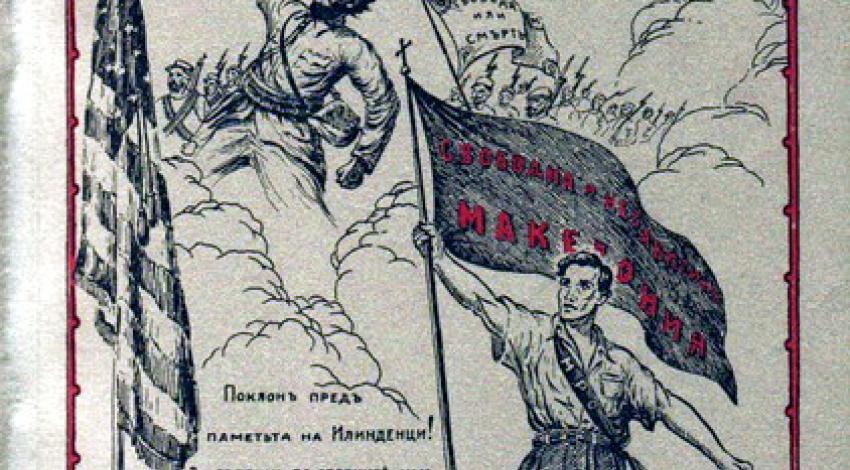History of Krusevo
Founding of Krushevo
Many scholarly writings on Krushevo posit that Krushevo was a new settlement established in the 18th century by Vlach cattle breeders. However, it has since been proven that Krushevo is a much older settlement. The most recent available documents state that Krushevo was first mentioned in 1767 as a “mezra” (place with no population which has sometimes been inhabited and later on migrated, or has never been inhabited and should have been given under possession of a landowner in order to inhabit it) of the landowner Husein-Bey, along with Prilep and other villages. There are other Turkish and non-Turkish sources which state that Krushevo existed as a settlement long before the 18th century. It seems that the first inhabitants of Krushevo were Macedonians who named the settlement.
At first, Krushevo was a small cattle breeding settlement, and its quick growth is thanks to an influx of Vlachs in the 18th century and numerous Macedonians afterwards. The largest number of Vlachs came from Moskopole and other regions, fleeing from the Ottoman oppression, while the Macedonians from the Debar region and other places in Western Macedonia were also seeking refuge from the violence.. Among the newcomers in Krushevo there was skilled merchants (especially the Vlachs), craftsmen, cattle breeders, and other professions which gave character to the town.
Ilinden rebellion of 1903
During the Ilinden uprising, the greatest success was achieved in the revolutionary district of Krushevo. In the summer of 1903, the chief of the revolutionary district, Nikola Karev, established an uprising headquarters. Later Karev would become president of the newly formed Krushevo Republic. He wrote the “Krushevo Manifesto” which called all peoples whom live in Macedonia to join Krushevo in the struggle for freedom.
On August 2nd in 1903, on St.Elijah's day, approximately 750 revolutionaries attacked Krushevo. After a few hours of battle, the city was taken from the Ottomans. In the area called Gumenje, the rebels created the Republic of Krushevo, which existed from the 3rd to 13th of August, 1903.
The organization of the local authorities in the Republic was impressive. The chief of the revolutionaries took care of security and safety of citizens while also being the chairman of the Council of the Republic, which consisted of 60 members - with 20 people from each ethnic community in Krushevo (Macedonian, Greek, and Vlach).
A surprised Turkish government took extensive military measures to quell the uprising: 176,000 soldiers, 3,700 mounted troops and 444 cannons were sent to Macedonia. After fierce and heroic battles near Sliva and Meckin Kamen, the Turkish forces managed to crush the Krusevo Republic and showed their customary cruelty in dealing with the rebels in Krusevo as well as other places. As a result, 201 communities were wiped out, 12,400 houses burned to the ground, more than 70,000 people were left homeless, and 8,816 were killed. Although some 30,000 people fled their homes to avoid reprisal, the toll was indeed heavy.
The uprising aroused great interest in Europe. Newspapers followed the course of events with close attention and great sympathy. They printed details of the cruel mass reprisals carried out by the Turks on the inhabitants in rebel strongholds. A powerful wave of protest followed; among the leading spokesmen were Lav Tolstoy, Maxim Gorki, Anatole France, Jean Jaures, Victor Berard, Arthur Evans, Henry Brailsford, Georges Clemenceau and others still.
In Britain, France, Italy and America, " Macedonian Committees " were set up and they organized mass meetings of support for the Macedonian rebels. Similar action was taken in Russia, Romania, and some other countries around the world.
Following the failure of this uprising, the Macedonian revolutionaries made a concerted effort to close the ranks. At the Rila Congress (held in 1905 in the name-sake Rila Monastery in Pirin Macedonia), despite differences of interest between the two sides there was general condemnation of outside interference - particularly by the Bulgarian Court - and the ultimate goal ofthe liberation of Macedonia was confirmed.

